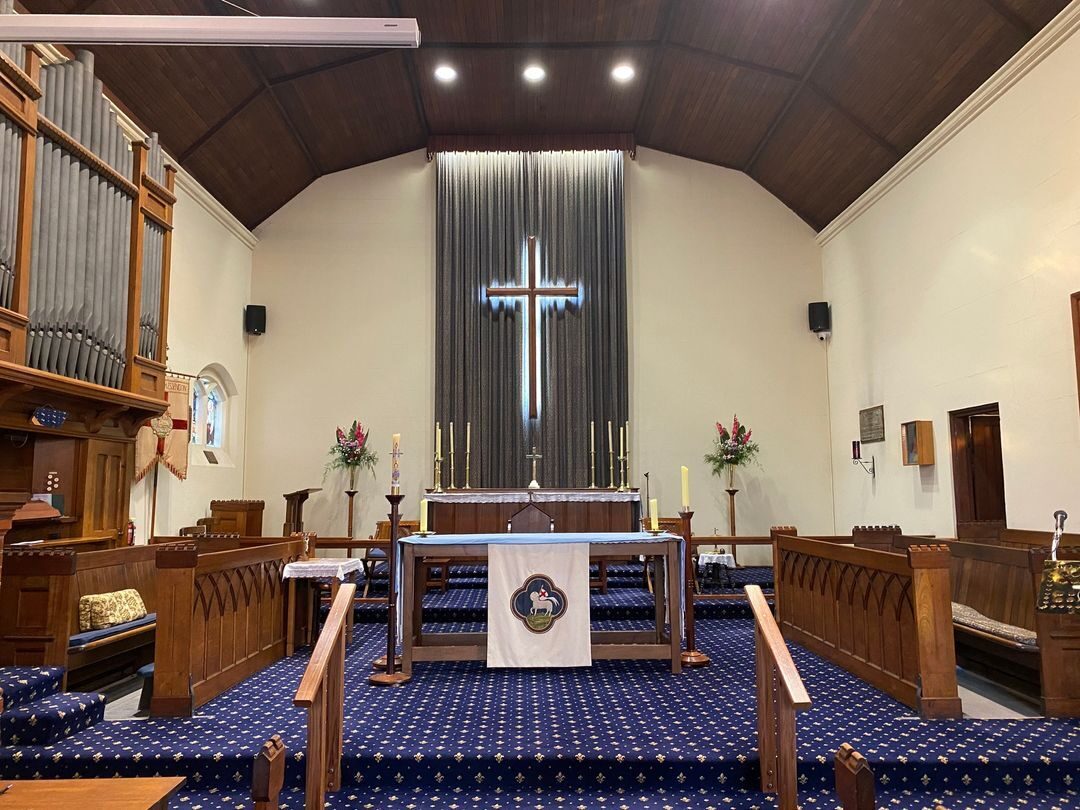
A Christian funeral marks the ending of a human life in memory and hope. A funeral gives people the opportunity to give thanks for a person’s life and remember who they were for those who knew them. It helps people say goodbye and commend the person into God’s hands. A Christian funeral places this in the context of God’s loving presence with us as we grieve and also proclaims the Christian hope in life after death through Jesus being raised from the dead.
It is often best to contact the priest first, before making contact with the funeral director. People can also contact the priest when the person is dying as the minister can assist with accompanying the person and their loved ones in preparing for death.
Where funerals take place?
An Anglican funeral service can take place in a church, a private home or a funeral home. Some funerals take place at a chapel in the Crematorium.
The shape of the service
Funerals may be very short and quiet services with a few people present or very large (or anything in between) with one or several people speaking and can include the use of music. It is the role of the Priest to meet with the family and prepare the type of service appropriate for the person who have died and the grieving family.
The service itself takes people on a journey as they gather in God’s presence to remember the person who has died by telling something of their life story and reflect on what the person meant to them. Then we hear from the word of God and the Priest reflects on that word, before offering prayers to give thanks for the person’s life lived with us as well as praying for those who mourn. Then we say farewell and commend the person into God’s hands. The committal can take place either in the church at the crematorium or at the cemetery if there is a burial. There is also the option for Holy Communion to be celebrated in the context of the funeral service, if this is desired.
Involvement in the service
There are opportunities for those close to the person to be involved in the service, by placing symbols of the person’s life, reading a lesson, or giving a eulogy about the person, and in being a pall bearer (carrying the coffin out of the church).
Organising a Funeral
It is often best to contact the priest first, before making contact with the funeral director. People can also contact the priest when the person is dying as the Priest can assist with accompanying the person and their loved ones in preparing for death.
In any case the funeral director and the Priest will discuss practical arrangements for the funeral. The priest will meet with the family and spend some time with them in shaping the service in ways that reflect something about the person and provide the opportunity for people to be involved in the service in ways that are appropriate.
Please contact the Parish Priest for further details.
Mobile: 0431480224
Phone: (03) 9379 2770
